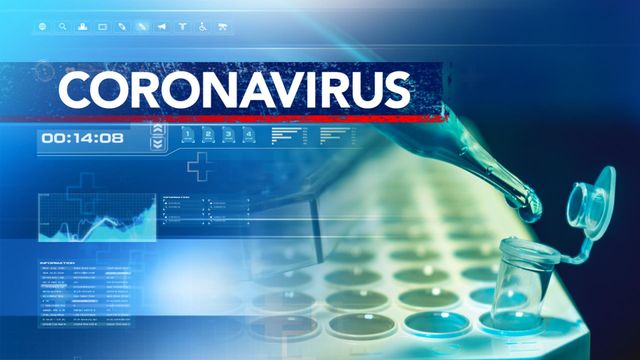Suspect coronavirus? Don't go to ER, urgent care or your doctor's office
The symptoms of coronavirus are similar to those of the flu: fever, cough, runny nose, shortness of breath. But if you have those symptoms health officials are asking you to call your doctor rather than show up at urgent care.
If you’re experiencing these symptoms but feel like you can manage them with over-the-counter drugs, then go ahead and stay home. This keeps medical services available to the sickest patients and keeps any viruses from spreading.
If your symptoms are more severe – a fever that won’t go away, shortness of breath and lethargy – then it’s time to call your doctor.
"Call your doctor if you think you may be infected with COVID-19," said Dr. Allen Mask. "They will help guide you through the steps you need to take to get tested."
North Carolina Poison Control has established a hotline, available 24/7 and staffed by nurses and pharmacists to answer questions about coronavirus, including symptoms, how to assess and reduce the risk of catching the virus and what to do if if coronavirus is suspected. Call 1-866-462-3821.
The UNC Physician Network is taking messages at 1-888-850-2684. A nurse will call you back and ask you a series of questions about your symptoms, possible exposure and travel history. They will then refer those who qualify for more testing, for both the flu and coronavirus.
Mask pointed out that most doctors' offices and urgent care centers don't have coronavirus tests available or have the protective equipment to safely do that testing.
Those who meet the criteria for a test do not need to go to a hospital or doctor's office. If your doctor believes you might have coronavirus, he or she will request a test on your behalf.
The Centers for Disease Control and Prevention says the risk of contracting coronavirus for most people in the United States is low. They only suggest seeking medical help if you are showing symptoms and you’ve been in contact with a person who has COVID-19 or you’ve traveled in an area with widespread or ongoing community spread of the virus (China, Iran, Italy, Japan or South Korea).
Older people and those with underlying health conditions like diabetes, heart disease or chronic lung disease are more at risk for severe illness.
If you fall under those categories and feel seriously ill, you should seek medical attention.
The following precautions can help to limit the spread of a respiratory illness:
- Before you go to the doctor’s office, emergency room or urgent care, call ahead and tell them about your symptoms and any possible exposure to COVID-19. WakeMed recommends virtual urgent care, which lets you talk to a doctor from the privacy of your own home. Those physicians can assess your personal situation and determine if further care is needed.
- Avoid contact with others.
- Cover your mouth and nose when coughing or sneezing.
- Do not travel while sick.
- Wash your hands often with soap and water for at least 20 seconds.
The flu and the common cold are still much more common than coronavirus, and doctors will test first for the flu. Only those who test negative for the flu, exhibit symptoms and may have been exposed to COVID-19 are being tested for that virus.













